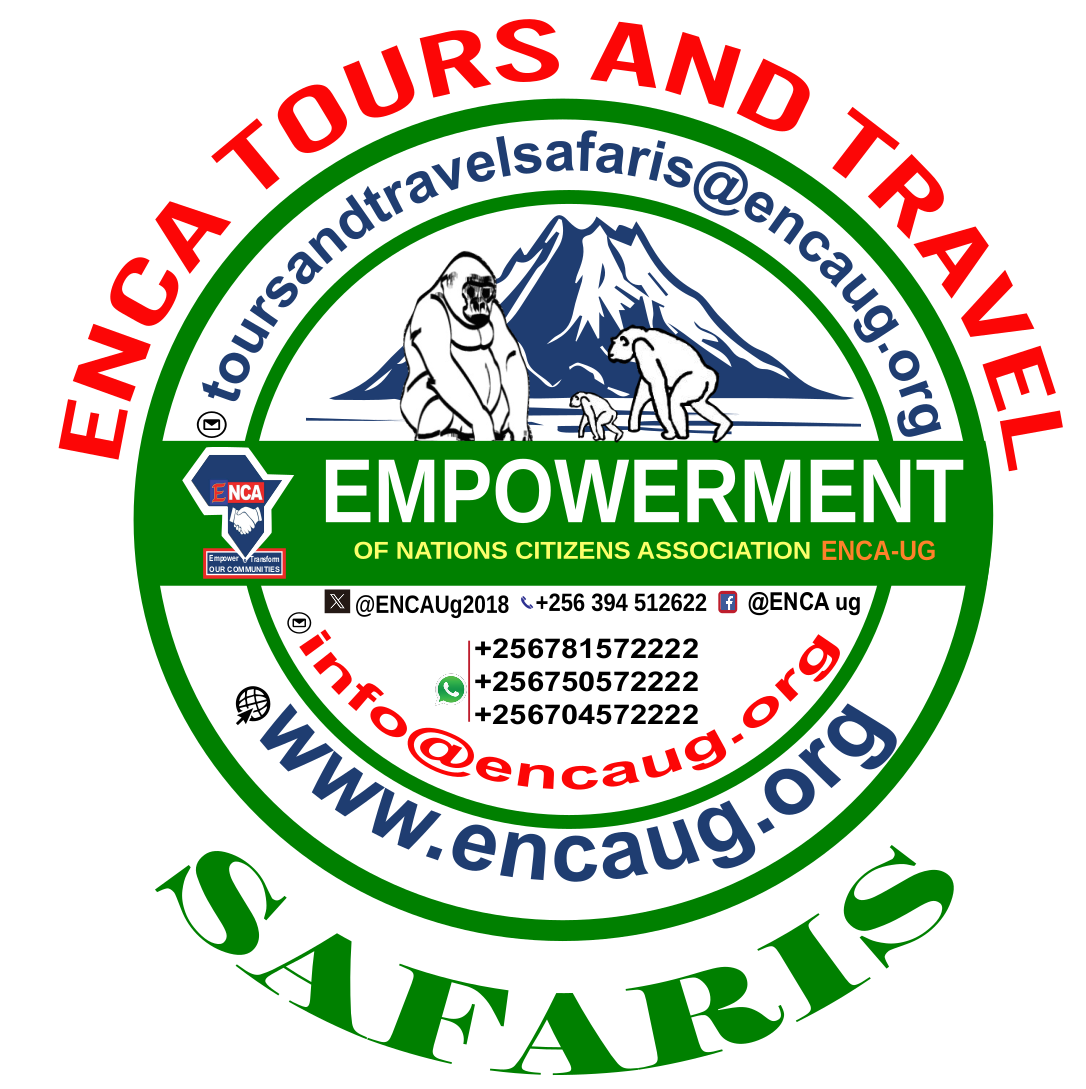Tourism Program

Tourism is the practice of traveling for recreation, leisure, or business purposes,
often involving stays in destinations outside of one's usual environment. It
encompasses various activities, such as:
1. Sightseeing
2. Exploring cultural and historical sites
3. Enjoying local cuisine and drinks
4. Participating in outdoor activities (e.g., hiking, water sports)
5. Relaxing at beaches or resorts
6. Shopping
7. Attending events and festivals
8. Visiting theme parks and attractions
Tourism can be classified into different types, including:
1. Domestic tourism (travel within one's own country)
2. International tourism (travel to another country)
3. Inbound tourism (foreign visitors entering a country)
4. Outbound tourism (citizens traveling abroad)
5. Eco-tourism (environmentally responsible travel)
6. Adventure tourism (active, thrill-seeking experiences)
7. Cultural tourism (exploring local heritage and traditions)
8. Medical tourism (traveling for medical procedures or wellness)
Tourism has significant economic, social, and environmental impacts on
destinations, contributing to:
1. Job creation and income generation
2. Cultural exchange and understanding
3. Infrastructure development
4. Environmental conservation (when managed sustainably)
However, tourism can also have negative effects, such as:
1. Overcrowding and strain on local resources
2. Cultural homogenization and exploitation
3. Environmental degradation and pollution
4. Displacement of local communities
Responsible and sustainable tourism practices aim to minimize these negative
impacts while maximizing the benefits for local communities and destinations.
To attract tourists and enhance the tourism industry in Uganda and the East
Africa community, consider the following strategies:
1. _Infrastructure development_: Invest in airports, roads, and accommodation
facilities to improve accessibility and comfort.
2. _Marketing and branding_: Develop a strong brand identity and marketing
campaigns to showcase the region's unique attractions and experiences.
3. _Diversify tourism products_: Offer a range of activities and experiences,
such as wildlife safaris, cultural tours, adventure sports, and eco-tourism.
4. _Invest in digital tourism infrastructure_: Develop online platforms and
mobile apps for booking, information, and navigation.
5. _Enhance visitor experience_: Provide high-quality services, including
guides, transportation, and accommodation.
6. _Sustainable tourism practices_: Promote eco-friendly and responsible
tourism practices to protect the environment and local communities.
7. _Regional integration_: Encourage collaboration and harmonization among
East African countries to create a seamless tourist experience.
8. _Invest in human capital development_: Train and develop local talent in the
tourism industry to improve service quality and authenticity.
9. _Develop niche tourism products_: Focus on specialized areas like
birdwatching, gorilla trekking, or cultural heritage tourism.
10. _Public-private partnerships_: Foster collaborations between government
agencies, local communities, and private sector stakeholders to drive tourism
growth.
11. _Invest in safety and security_: Ensure tourist safety and security through
effective law enforcement and emergency response systems.
12. _Develop tourism policies and regulations_: Establish clear guidelines and
standards for sustainable tourism development and management.
13. _Invest in research and development_: Continuously monitor and assess
tourism trends, impacts, and opportunities to inform policy and marketing
decisions.
14. _Develop cultural and heritage tourism products_: Showcase the region's
rich cultural and historical heritage, including museums, historical sites, and
traditional festivals.
15. _Invest in community-based tourism initiatives_: Empower local
communities to develop and manage their own tourism projects, ensuring
equitable benefits and ownership.
By implementing these strategies, Uganda and the East Africa community can
enhance their tourism industries, attract more visitors, and promote sustainable
economic growth.
Communities that contribute to the tourism industry can benefit from:
1. Community-led tourism initiatives: Empower local communities to develop
and manage their own tourism projects, ensuring they retain control and
benefits.
2. Capacity building and training: Provide education and skills development
programs for local residents, enhancing their ability to participate in the tourism
industry.
3. Infrastructure development: Invest in local infrastructure, such as roads,
water supply, and waste management, to improve the quality of life for residents
and tourists alike.
4. Fair trade and equitable distribution of profits: Ensure that local communities
receive a fair share of the revenue generated by tourism, and that profits are
distributed equitably.
5. Cultural heritage preservation: Support initiatives that preserve and promote
local cultural heritage, traditions, and customs.
6. Environmental conservation: Encourage sustainable tourism practices that
minimize environmental impact and support conservation efforts.
7. Community-based tourism products: Develop tourism products that showcase
local culture, traditions, and natural attractions, providing an authentic
experience for visitors.
8. Local procurement and supply chain development: Encourage tourism
businesses to source products and services from local suppliers, supporting the
local economy.
9. Tourism revenue management: Establish mechanisms for managing tourism
revenue, ensuring it benefits local communities and funds local development
projects.
10. Community engagement and participation: Foster active community
involvement in tourism decision-making processes, ensuring their needs and
concerns are addressed.
11. Social impact assessments and monitoring: Regularly assess and monitor the
social impacts of tourism on local communities, making adjustments as needed.
12. Support for local entrepreneurship: Encourage and support local
entrepreneurship in the tourism sector, creating opportunities for innovation and
job creation.
By implementing these initiatives, communities that contribute to the tourism
industry can benefit from sustainable economic growth, cultural preservation,
and improved livelihoods.




